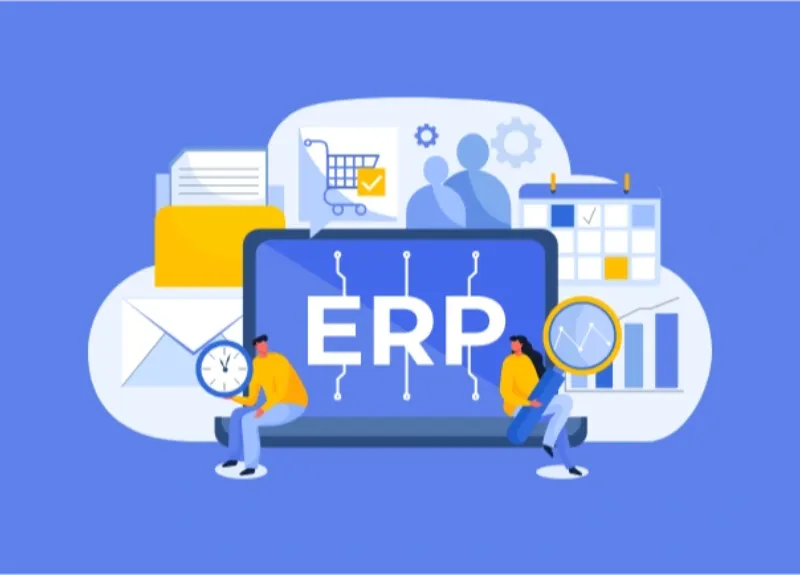Introduction: The Universal Need for Modern ERP Software
In an era defined by rapid technological advancement and global competition, businesses across all industries are seeking ways to streamline operations, reduce costs, and enhance decision-making. Modern ERP (Enterprise Resource Planning) software has emerged as a critical tool for achieving these objectives. Unlike traditional ERP systems, modern ERP software offers flexibility, scalability, and a range of features that cater to the unique needs of any industry.
Key Benefits of Modern ERP Software
– Flexibility Across Industries: Customizable to fit specific industry needs, from manufacturing and retail to healthcare and finance.
– Enhanced Scalability: Grows with your business, allowing you to add new functionalities or users without disrupting operations.
– Real-Time Data and Insights: Provides instant access to accurate data across departments, enabling better decision-making.
– Cloud Integration: Offers the advantages of cloud computing, including remote access, automatic updates, and reduced IT costs.
– Improved Collaboration: Breaks down silos by integrating all business functions into a single, unified system.
Tips for Selecting the Right Modern ERP Software
1. Identify Your Business Needs: Understand the unique challenges and requirements of your industry to choose an ERP with relevant features.
2. Focus on User Experience: Look for a user-friendly interface that minimizes training time and increases employee adoption.
3. Ensure Scalability: Choose an ERP that can scale with your business growth, whether expanding into new markets or adding new departments.
4. Evaluate Integration Capabilities: Make sure the ERP can seamlessly integrate with your existing tools and platforms.
5. Check Vendor Support: Opt for a provider with strong customer support and a history of successful implementations in your industry.
How Modern ERP Software Transforms Industries
Modern ERP software is designed to meet the evolving needs of businesses across any industry. It integrates all core business processes—from finance and HR to supply chain and customer relationship management—into a single, cohesive system. This integration provides a holistic view of operations, making it easier to identify inefficiencies, optimize resources, and drive growth. For example, a manufacturing company can use ERP to manage inventory levels in real time, while a healthcare provider might leverage the system to streamline patient records and ensure compliance with regulations.
Examples of Industry-Specific Benefits
– Manufacturing: Real-time inventory management, production planning, and quality control.
– Retail: Point-of-sale integration, customer loyalty management, and supply chain optimization.
– Healthcare: Patient data management, regulatory compliance tracking, and appointment scheduling.
– Finance: Advanced financial analytics, risk management, and automated reporting.
Why Modern ERP is Essential for Any Industry
No matter the industry, modern ERP software delivers a range of benefits that are critical for staying competitive in today’s market. It supports data-driven decision-making by providing real-time insights and enhances collaboration by bringing all business functions together on a single platform. Additionally, with the shift towards cloud-based ERP solutions, businesses can enjoy greater flexibility, remote access, and lower IT costs. These features make modern ERP a valuable asset for organizations of any size or sector.
Expert Insight: Modern ERP software is not just about efficiency; it’s about agility and growth. A well-implemented ERP system enables businesses to respond quickly to market changes, customer demands, and new opportunities, providing a competitive edge.
Closing Thoughts
Modern ERP software is a versatile solution that offers significant advantages to businesses in any industry. By integrating core functions, providing real-time insights, and offering scalability, it enables organizations to operate more efficiently and make smarter decisions. As industries continue to evolve, adopting a modern ERP system will be essential for companies looking to thrive in an increasingly dynamic marketplace.
